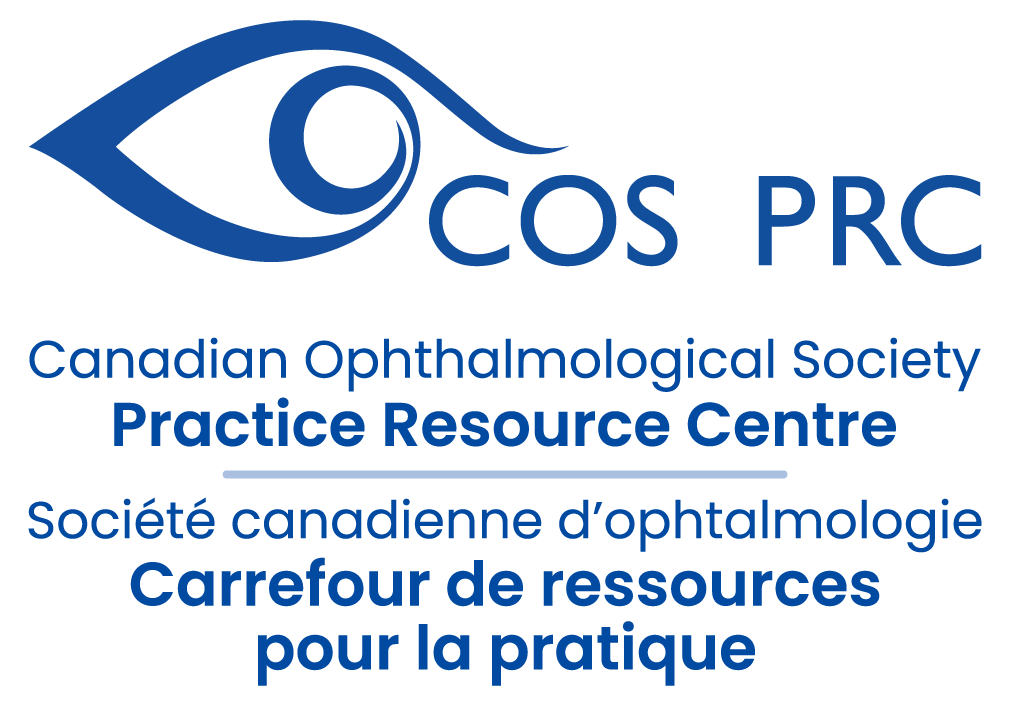
This year, World Sight Day (October 10, 2024) focuses on children’s eye health around the world. We want to highlight and review the existing guidelines for the screening of retinopathy of prematurity (ROP). These guidelines, developed by key organizations in ophthalmology, aim to ensure early detection and management of ROP in preterm infants to prevent life-long visual impairment and blindness. Please note that this review reflects current clinical recommendations from leading bodies and is not a COS policy or official guideline.
Screening Eligibility
Screening is recommended for infants at the highest risk of developing ROP. The criteria include:
- Gestational age: ≤30 6/7 weeks
- Birth weight: ≤1500 grams
- Neonatal risk factors: Infants born at >1500 grams or >31 weeks may still require screening (eg, infants with hypotension or those who received oxygen supplementation)
Initial screening: The first eye exam is recommended at either 31 weeks’ postmenstrual age in infants with gestational ages less than 26 6/7 weeks at birth, and at four weeks of chronological age in infants born with a gestational ages of 27 weeks or more, whichever is later.
Follow up intervals depend on the severity of the ROP observed in the initial exam.
As we recognize World Sight Day, it is important to remember that infants who develop ROP are at a higher risk of visual disorders such as: strabismus, amblyopia, high refractive errors, cataracts and glaucoma. By raising awareness and ensuring early detection and treatment, we can help protect the vision of these vulnerable children and work towards a world where everyone has access to eye care.
Reviewed by: Dr. Marie-Josée Aubin, MD (Chair), Dr. Cynthia Qian, MD (CPD Council Chair)
References:
Jefferies, A. L. (2016). Screening examination of premature infants for retinopathy of prematurity. https://cps.ca/en/documents/position/retinopathy-of-prematurity-screening
Subramanian, S., Kern, M. D., & Deegan, W. F. III. (2023). Retinopathy of prematurity guidelines. Medscape. https://emedicine.medscape.com/article/976220-guidelines



